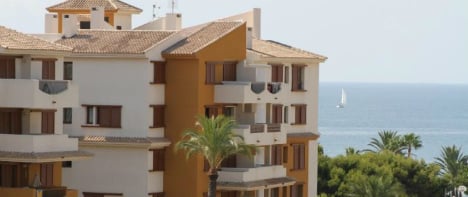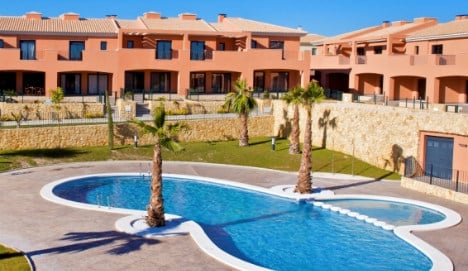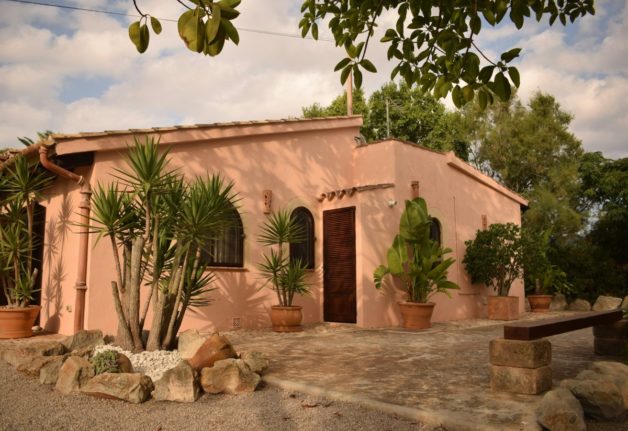Spain tops the wish-list for potential second home-owners living in Britain proving that neither the economic crisis nor the planning corruption scandals of recent years have put them off.
House sales went up for the first time in 2014 since the construction bubble burst with foreign buyers accounting for almost one in every five houses sold in Spain last year, an increase of over 19 percent from the year before.
Official statistics from Spain published last month record that French purchasers made up 10.48 percent of the market, German buyers accounted for 6.45 percent of sales and Belgians 6.19 percent.
By far the biggest percentage of buyers were the Brits at 18.6 percent and it’s no wonder.
Spain has now overtaken France as the destination of choice for holiday homes for British buyers of a second home, a survey published by Rightmove Oversees in January revealed.
Some 37 percent of Brits looking to buy abroad said they would choose Spain with only 23 percent opting for a property in France.
With the euro at an eight year low against the pound, estate agents in Spain are already seeing a rush from British buyers eager to snap up a bargain.

These three bedroom town houses on the Brisa de Alenda golf course are be sold from €145,000
"We're seeing British buyers eyeing up cut-price properties across Spain in high numbers right now, as they can get so much more for their money than they could a few years ago," Martin Dell, the director of leading Spanish property portal Kyero.com told The Local.
"But what's interesting is the number of buyers looking to snap up properties with heftier price tags too."

For example, this new build three bedroom villa with pool in Benijofar, Valencia, which is on the market for €335,000 would cost a British buyer £250,000 at the current exchange rate, while back in 2009 it would have cost £310,000.
"With the exchange rate looking so favourable, it really is a case of the more you spend, the more you save at the moment," observed Marc Pritchard, Sales and Marketing Director of Taylor Wimpey España.
"There are some incredible bargains on the market at the moment, particularly in popular areas like the Costa Blanca," he said.

In Alicante, for example, this a two-bedroom apartment in the newly constructed La Recoleta III development is going for just €142,000, not bad for a holiday pad just a few metres from the beach.
PHOTO GALLERY: The highs and lows of the Spanish property market. What can you get for your money?



 Please whitelist us to continue reading.
Please whitelist us to continue reading.
Member comments